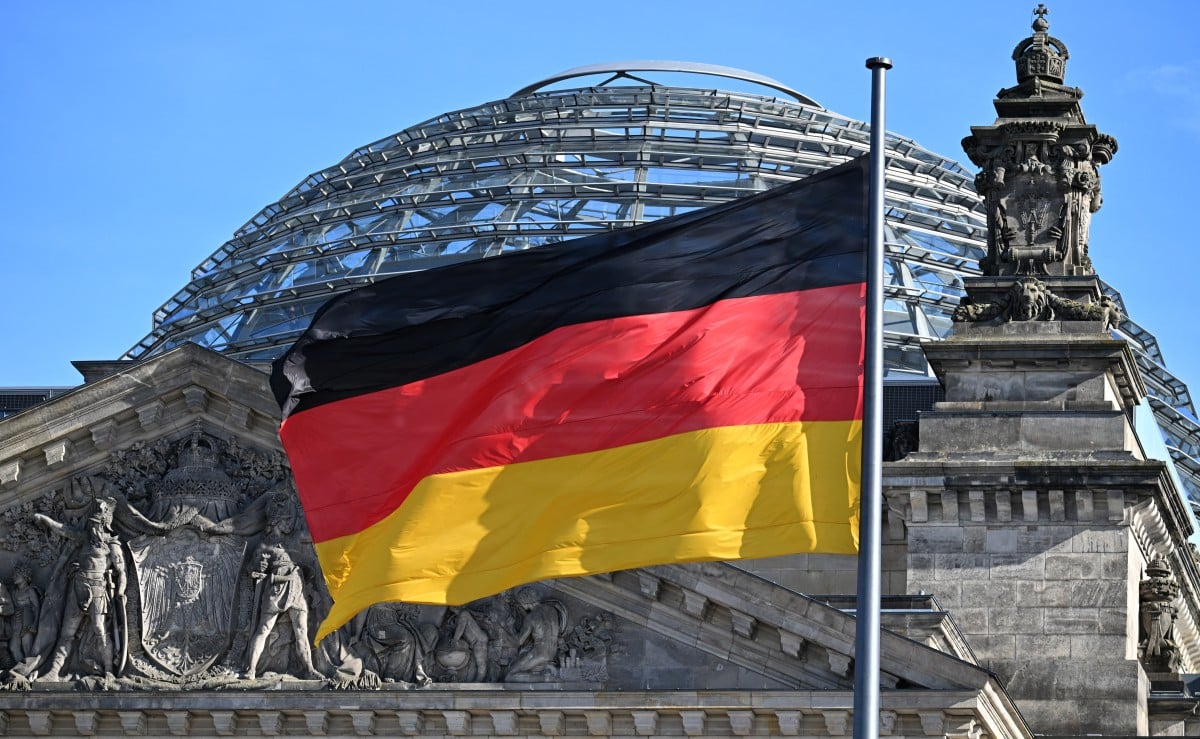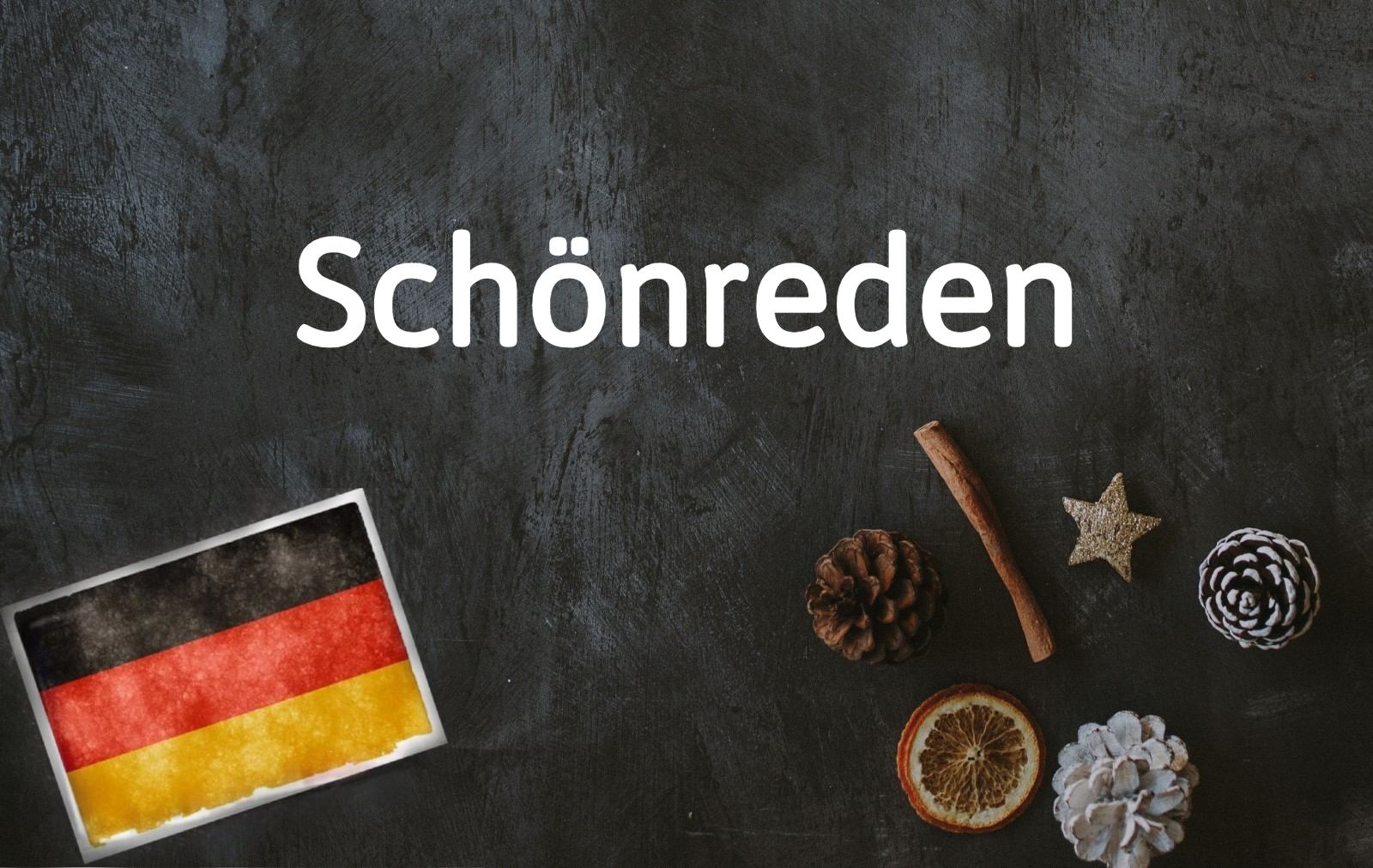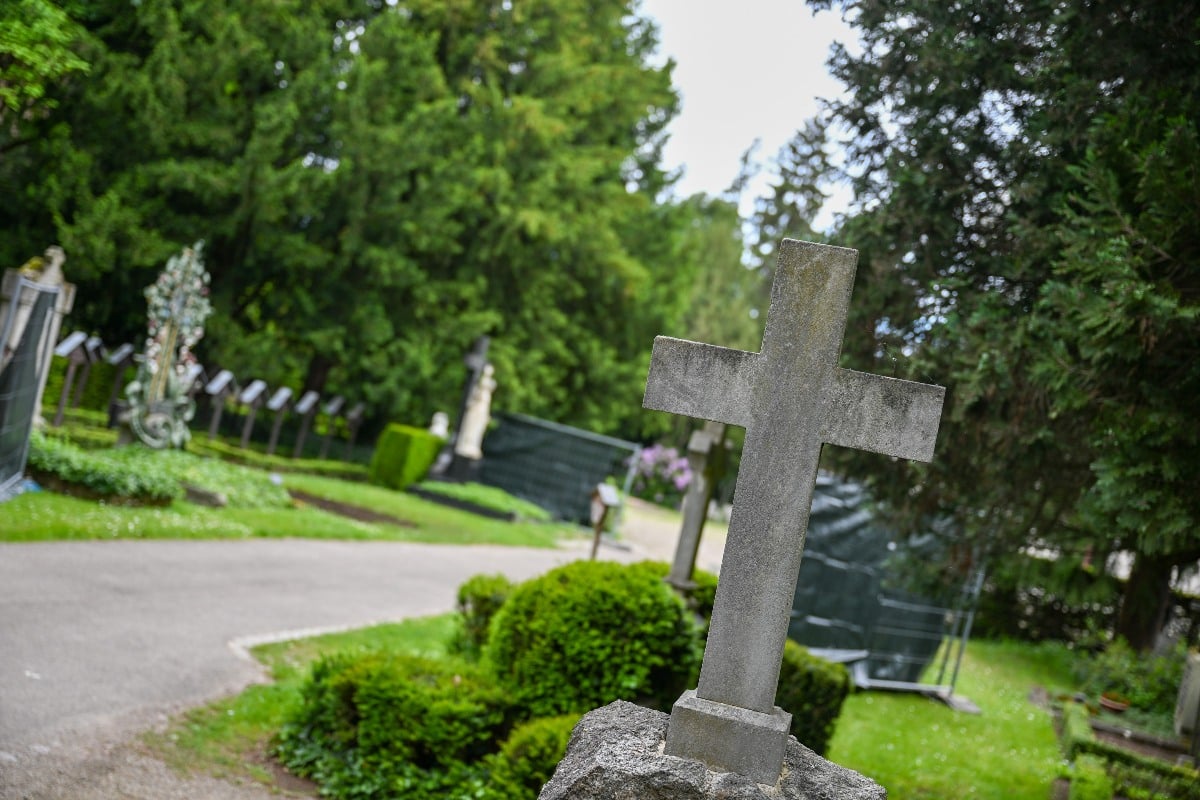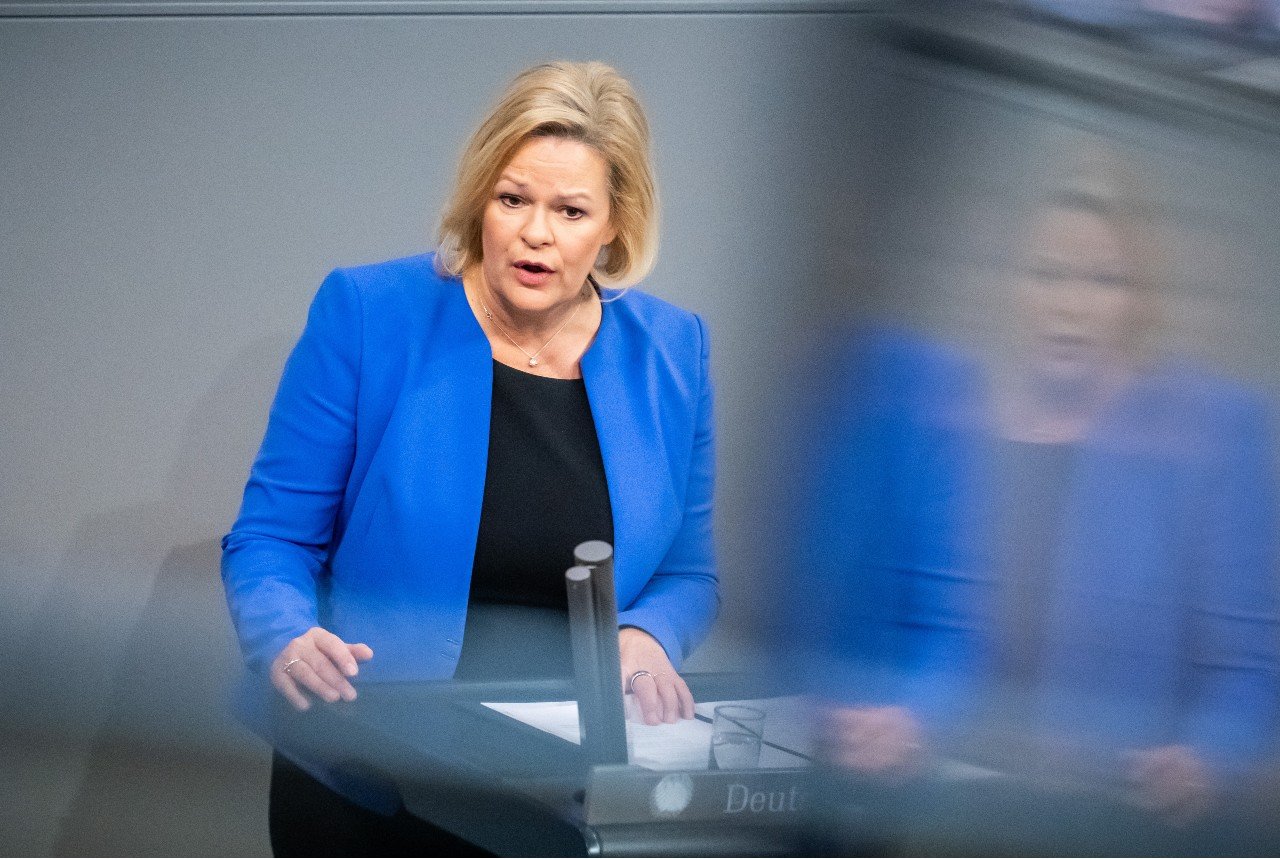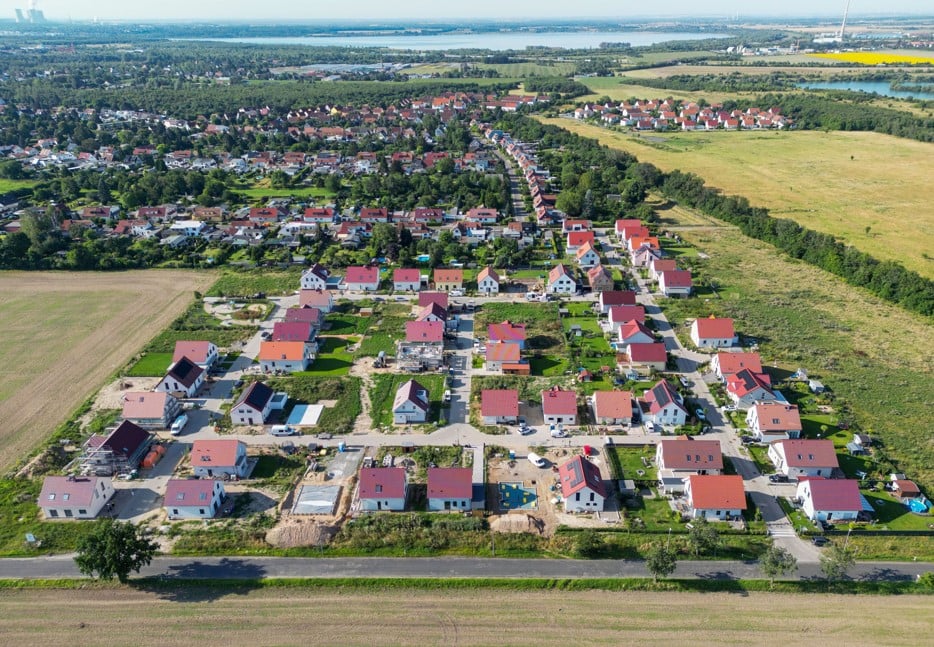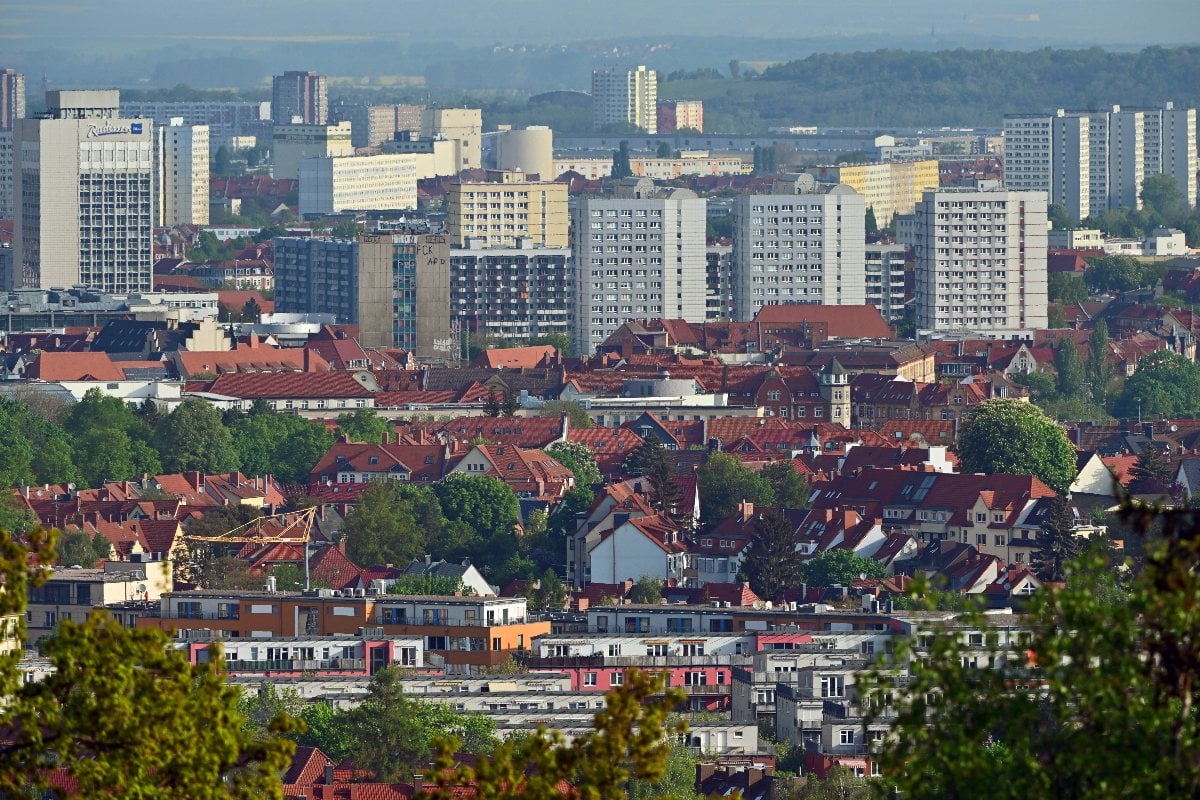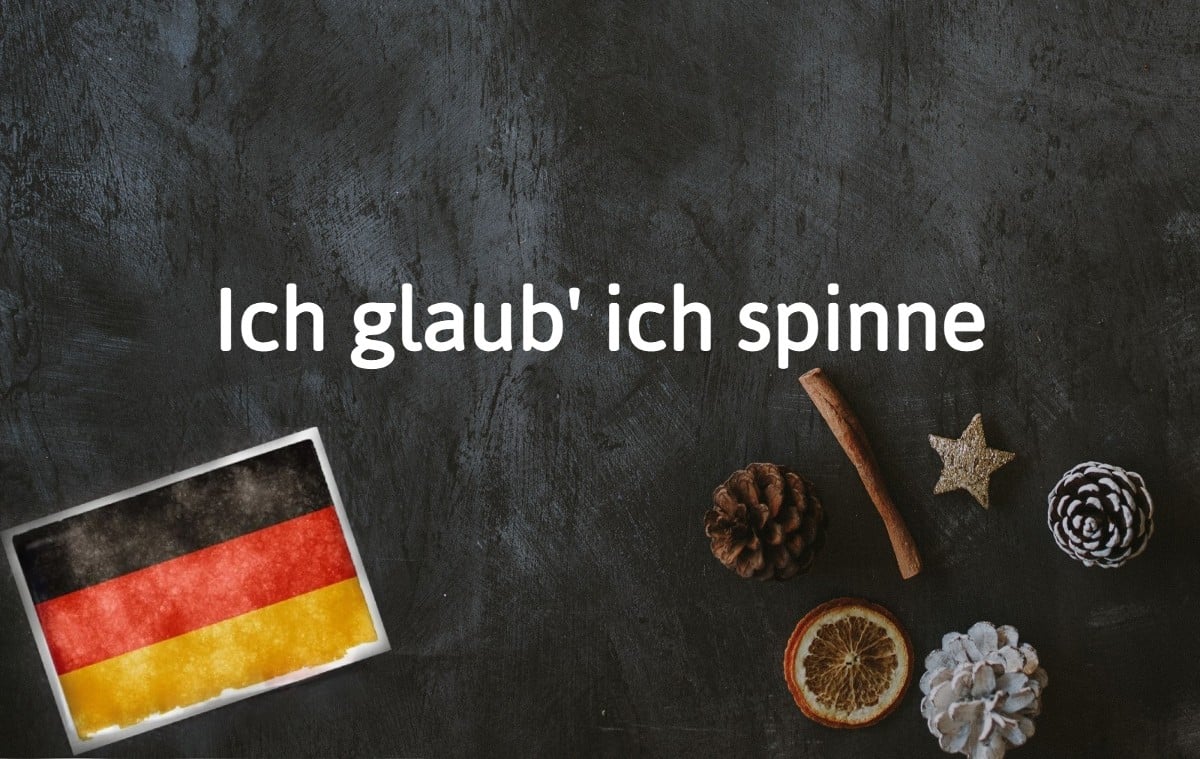Berlin has seen a spike in citizenship applications since the naturalisation law changed – on top of a backlog of tens of thousands. But more staff and digitalised processes are expected to make a dent – eventually.
Even death is no escape from German bureaucracy. When someone passes, there are still rules to follow.
German cities are known for their huge kebab offerings. But the local branch of the Christian Democrats in the city of Heilbronn wants to see an upper limit on the number of kebab shops.
Temporary closure looms on Berlin-Hamburg ICE, German airport association offers to talk with climate activists, Germany on high alert amid turbulence in the Middle East and other news from around Germany.
In what may come as welcome news to those looking to buy property in Germany, the WohnAtlas 2024 reveals that German cities saw a clear drop in real property prices last year – with only small increases forecasted until 2035.
House values are rising in Germany after two years of falling prices, new research has found.
This German expression will help you in situations where you are in disbelief or have no idea what’s going on.
Germany’s Labour Minister previously unveiled a ‘right to work from home’ plan – but little progress has been made so far. What’s going on?
Americans in Europe have the opportunity to make their voices heard on issues such as taxation for US nationals living abroad by filling out a short survey sent out by the White House Office of Public Engagement.
Two people have died while several others who were trapped under the rubble for hours have been rescued after a hotel partially collapsed in the Moselle valley in western Germany.


